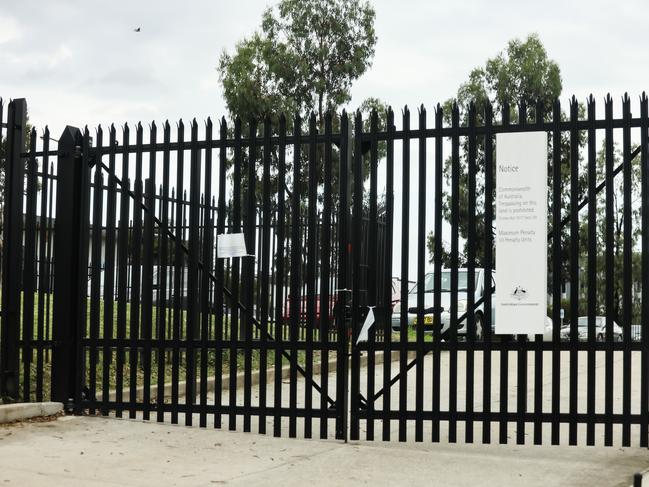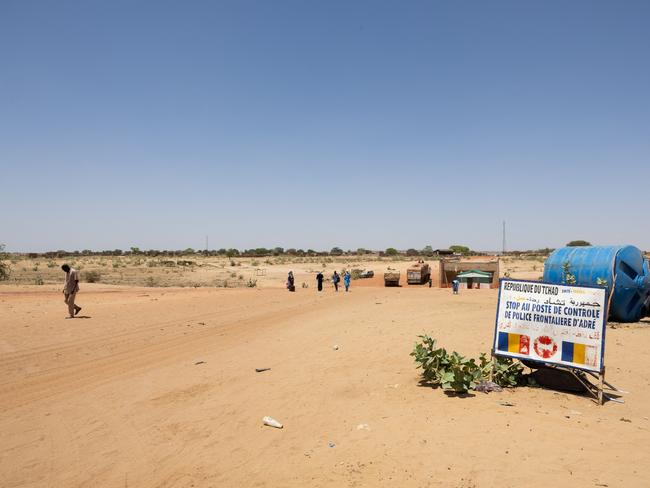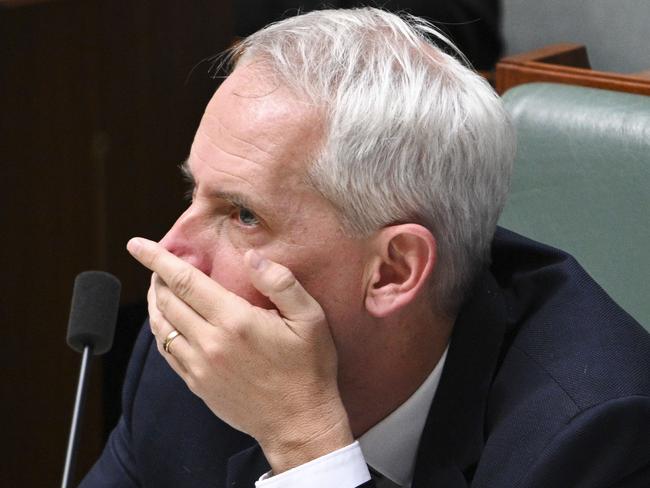Criminal Sudanese migrant who ‘identifies as Aboriginal’ allowed to stay in Australia
A Sudanese migrant with a criminal record who “self-identifies” as an Aboriginal man was granted the right to stay in Australia.
A Sudanese migrant with a criminal record who self-identifies as an Aboriginal man has been granted the right to stay in Australia.
The man, known only as RCWV, was born in Khartoum and spent his first 20 years in Africa before relocating to Australia on a protection visa.
RCWV’s visa was revoked after he amassed a series of convictions, including knife crime, car theft and serious driving offences that left one victim with life-threatening injuries.
His rap sheet also includes breaches of apprehended violence orders, stalking, and an assault on an Aboriginal woman.
Facing deportation after his protection visa was cancelled, RCWV appealed to the Administrative Appeals Tribunal (AAT).
The tribunal’s decision was influenced by Direction 99, an edict from Immigration Minister Andrew Giles issued in January 2023, which asks the tribunal to consider whether a non-citizen offender spent their formative years in Australia.
In his submission to the AAT, RCWV claimed he had become an integral part of his local community during his 15 years in Australia.
He highlighted his decade-long partnership with an Aboriginal woman, the same woman he was convicted of attacking, and noted they have three children together.
“I self-identify as an Aboriginal person and consider Australia to be my country,” RCWV wrote in his submission.
He detailed his acceptance into the Indigenous community, including participation in a traditional smoking ceremony. He also mentioned learning Aboriginal cultural practices, painting Aboriginal art, and playing the didgeridoo.
Despite his criminal history, the AAT ruled in favour of allowing RCWV to remain in Australia.
The decision was slammed by political commentators, with Sky News host Chris Kenny putting the sword to the Immigration Minister.


“The immigration detention crisis dominated Question Time when parliament resumed today, with some horrific examples of criminals convicted of shocking crimes either set free or allowed to stay in Australia,” Kenny said.
“It’s now been revealed that nearly 20 per cent of all the freed detainees are facing state charges – that is, they’re accused of committing new offences in Australia.
“As case after case was presented to the Minister in Parliament, his answers were unconvincing, and we had the uncomfortable reality of him having to repeatedly express sympathy for victims of crimes – crimes which have only been made possible by the way these detainees have been set free or allowed to remain here.
“Six months on from this problem emerging, there’s little clarity from the government about a permanent fix, and still less sign of the minister taking control.”

Mr Giles was at the receiving end of almost every Coalition question during Question Time on Tuesday, with MPs citing numerous examples of violent former immigration detainees who had their visas cancelled by the department, before the decisions were overturned by the Administrative Appeals Tribunal.
The Coalition put five examples to Mr Giles on Tuesday, demanding whether he would apologise for his “catastrophic mistake, and reverse direction 99?”
Mr Giles reiterated that the government had cancelled the visas, and they remained cancelled by the department in line with direction 99, which he said also required decision makers to take into consideration criminal histories, family violence, best interests of minor children and community expectations.
He was at pains to point out that the AAT, not his department, had revoked the cancellation, and he had prioritised “a number of cases for urgent cancellation”.
The Coalition also hurled questions over an Afghan national, known as ZJFQ, who had his visa cancelled after he raped a 16-year-old girl and a disabled 14-year-old child, but was allowed to stay in Australia.
“I say again that Direction 99 did not and does not decrease the importance placed on the considerations such as the expectations of the Australian community and the protection of the community from crime,” Mr Giles said.


